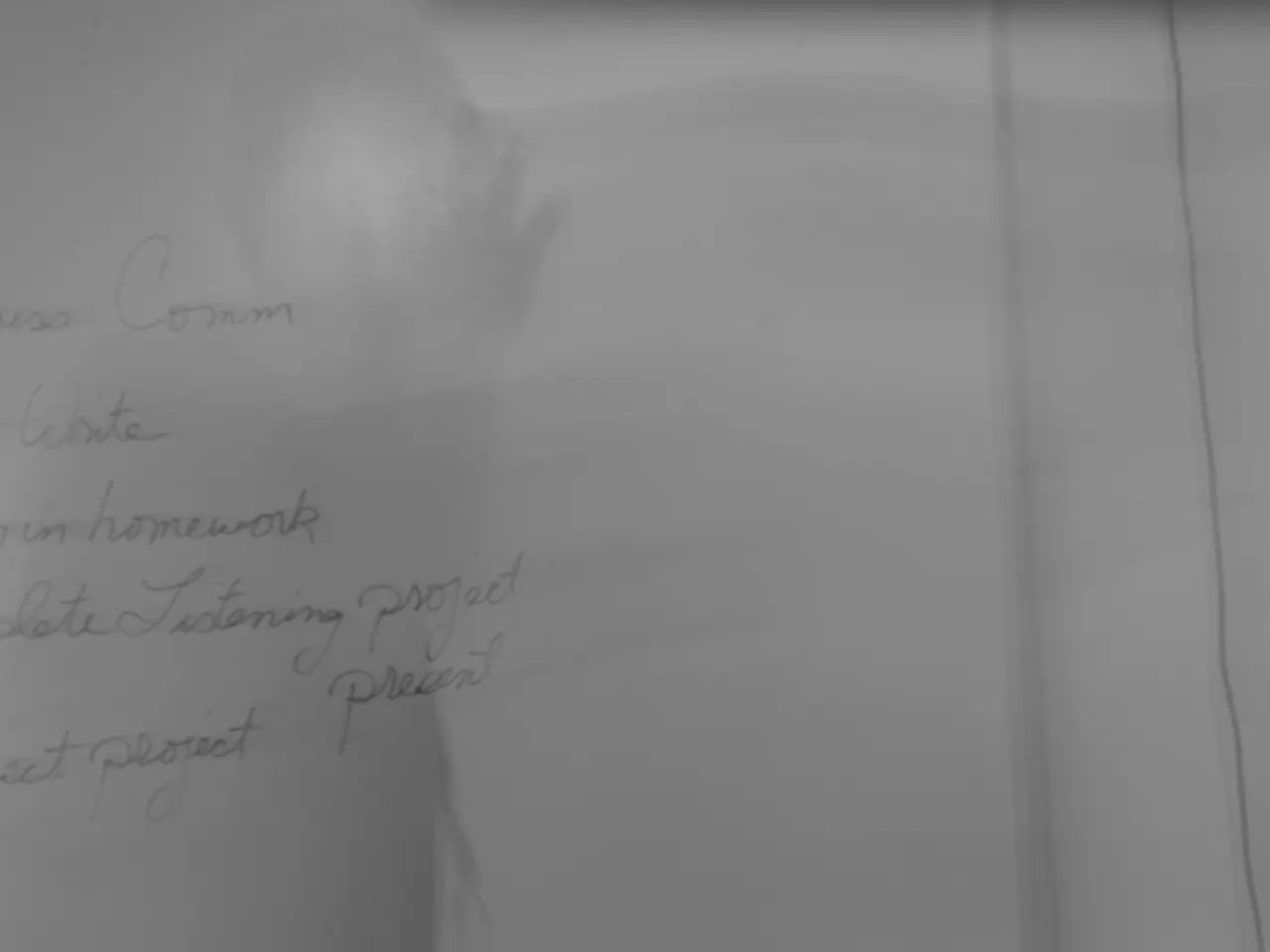Congo deploys a blockchain-driven system for authenticating academic documents
In a significant stride towards modernizing education and enhancing transparency, the Democratic Republic of Congo, Mauritius, and Tunisia have adopted blockchain-based systems for verifying academic certificates and diplomas.
Last week, the Democratic Republic of Congo launched the e-Diplôme platform at a Council of Ministers meeting in Kinshasa. This blockchain-based system is designed to improve the management and transparency of academic records within the country. The decision-makers expressed optimism about the potential of the system to combat certificate forgery and expand opportunities for Tunisian nationals to access foreign education.
The e-Diplôme platform operates by creating a decentralized identity (DID) for each student, storing their entire academic history securely. This digital identity, owned and controlled by students themselves, enables them to share authenticated academic credentials via verifiable links or QR codes. The cryptographically secure records ensure that any tampering is instantly detectable, making the system highly resistant to forgery.
Mauritius, too, has been an early adopter of such technology. In 2023, the island nation introduced a similar system to verify the authenticity of government-issued certificates onchain. Tunisia joined other Arab nations in March by adopting the blockchain-based Unified Arab System for Diploma Authenticity Verification.
By adopting these blockchain-based systems, these countries aim to significantly combat certificate forgery in their education systems. The decentralized nature of these systems ensures instant, verifiable access to credentials, eliminating the possibility of falsifying educational certificates and delays related to manual verification processes. This transformation reduces administrative overhead, decreases delays, and removes human manipulation and errors in certificate verification, thereby increasing trust and integrity across education systems.
The benefits of blockchain-based systems for education are not limited to these three countries. Nigeria and other African nations interested in blockchain for education have also seen similar benefits. The adoption aligns with regional efforts to modernize education through technology, improving verification transparency and fighting widespread certificate fraud that undermines educational credibility.
However, it's important to note that the e-Diplôme platform's immutability is based on the information fed to it. This means that forged diplomas before they are uploaded could potentially evade detection. Nonetheless, the platform allows individuals to upload their certificates, have them stored onchain, and receive a QR code for access to the verified documents.
In conclusion, the implementation of blockchain in these education systems enhances transparency by providing a secure, decentralized certificate verification infrastructure that users control, thus effectively reducing forgery and increasing trust within educational institutions and employers. This move towards digital verification systems is a significant step forward in Africa's quest for modern, transparent, and secure education systems.
[1] Source: Blockchain in Education: Africa's New Frontier [3] Source: Blockchain in Education: The Future of Verification and Credentials
- In light of Africa's focus on modernizing education, Ethereum blockchain technology could potentially be utilized to enhance the Unified Arab System for Diploma Authenticity Verification, further reducing forgery and increasing trust among education systems across the continent.
- As technology advances, education-and-self-development opportunities in Africa may be expanded through blockchain-based platforms like e-Diplôme, empowering students to own and control their digital identities, leading to increased transparency and secure access to authenticated academic records.




